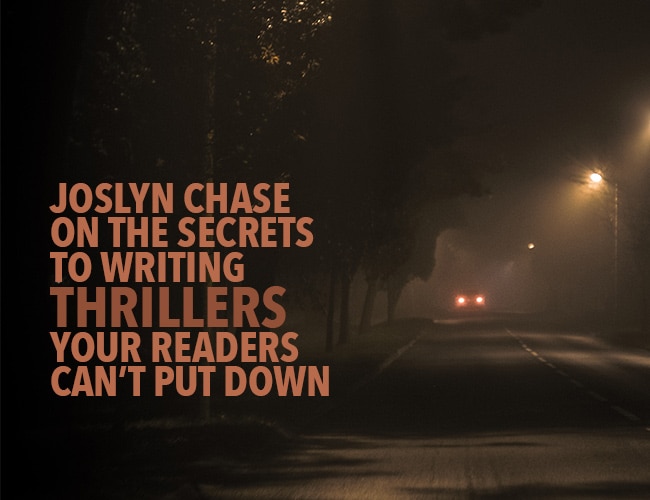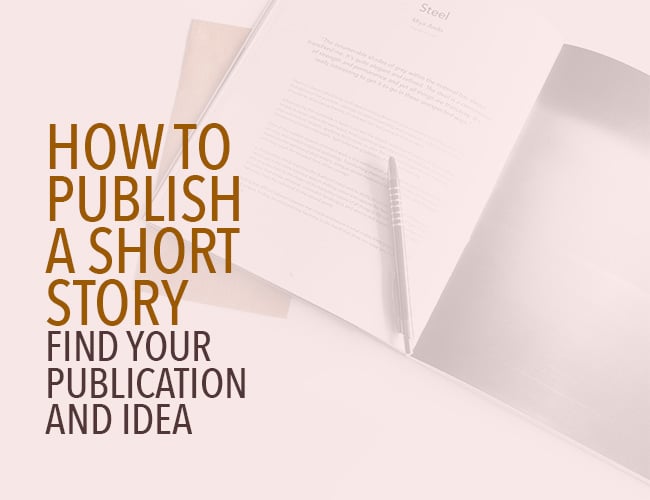
by Sarah Gribble |
Thrillers are hot right now and have been for some time. They can be intimidating to write, however. If you’re looking to dive into the thriller game, this month’s interviewee has some tips to get you started and keep your readers on their toes.

by Sarah Gribble |
Halloween is a time to bring out your spooky side, to get creative, and to eat tons and tons of candy. In other words, Halloween is a time to be a kid again.
In that spirit (see what I did there?), my prompt for you today is a little on the lighter side: write from a child’s point of view.

by Sarah Gribble |
A lot of you have just finished participating in The Write Practice’s 7 Day Creative Writing Challenge. You’re pumped, inspired, enthused. You feel good about establishing a writing habit. Now what?
Now you write a short story and submit it.
This post is the first in a four-part series that will walk you through the process of planning, writing, and submitting a short story. At the end of the series, you’ll have a short story ready for submittal!

by Sarah Gribble |
How do you keep writing through life’s big changes? New houses, new jobs, new babies, even new puppies can throw a wrench into your writing life. It’s so easy to get distracted, run out of time, and lose your writing motivation.
Change is inevitable. It messes with our lives, turns our world upside down. Even through these changes, writers have to write. It’s easy to say you’re distracted, that you can’t write right now. You’ll pick it back up when things have settled down.
But the longer you go without writing, the less likely you are to pick it back up. So what to do?

by Sarah Gribble |
Monday was Labor Day here in the States, and it got me thinking of the adage “Don’t wear white after Labor Day.” It’s perfect fodder for a writing prompt. Don’t see it yet? Stick with me.




